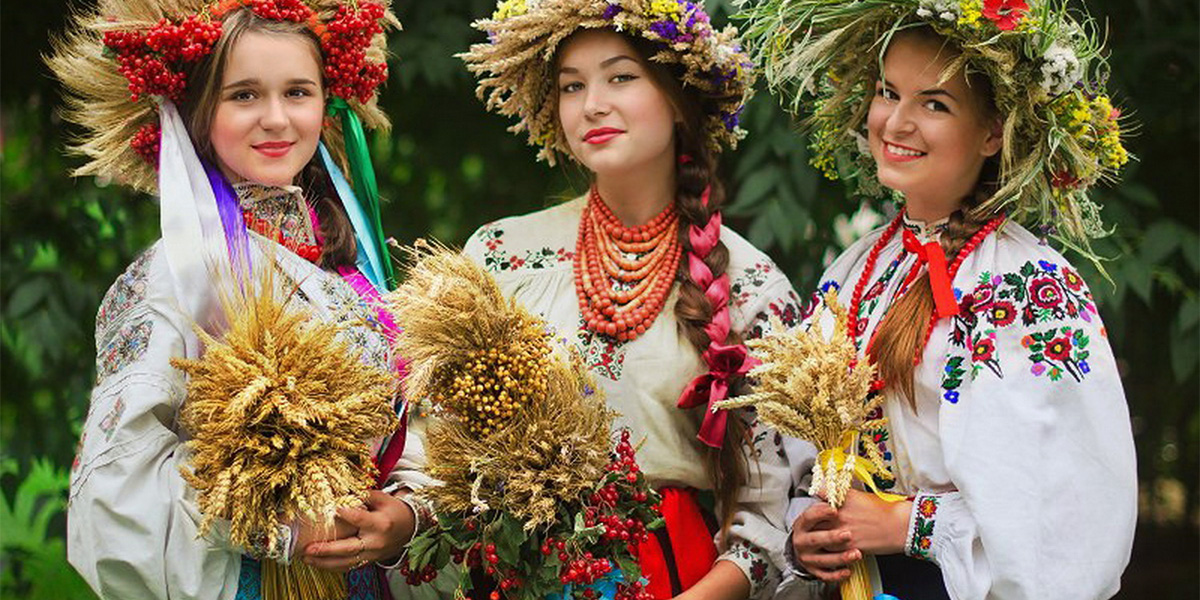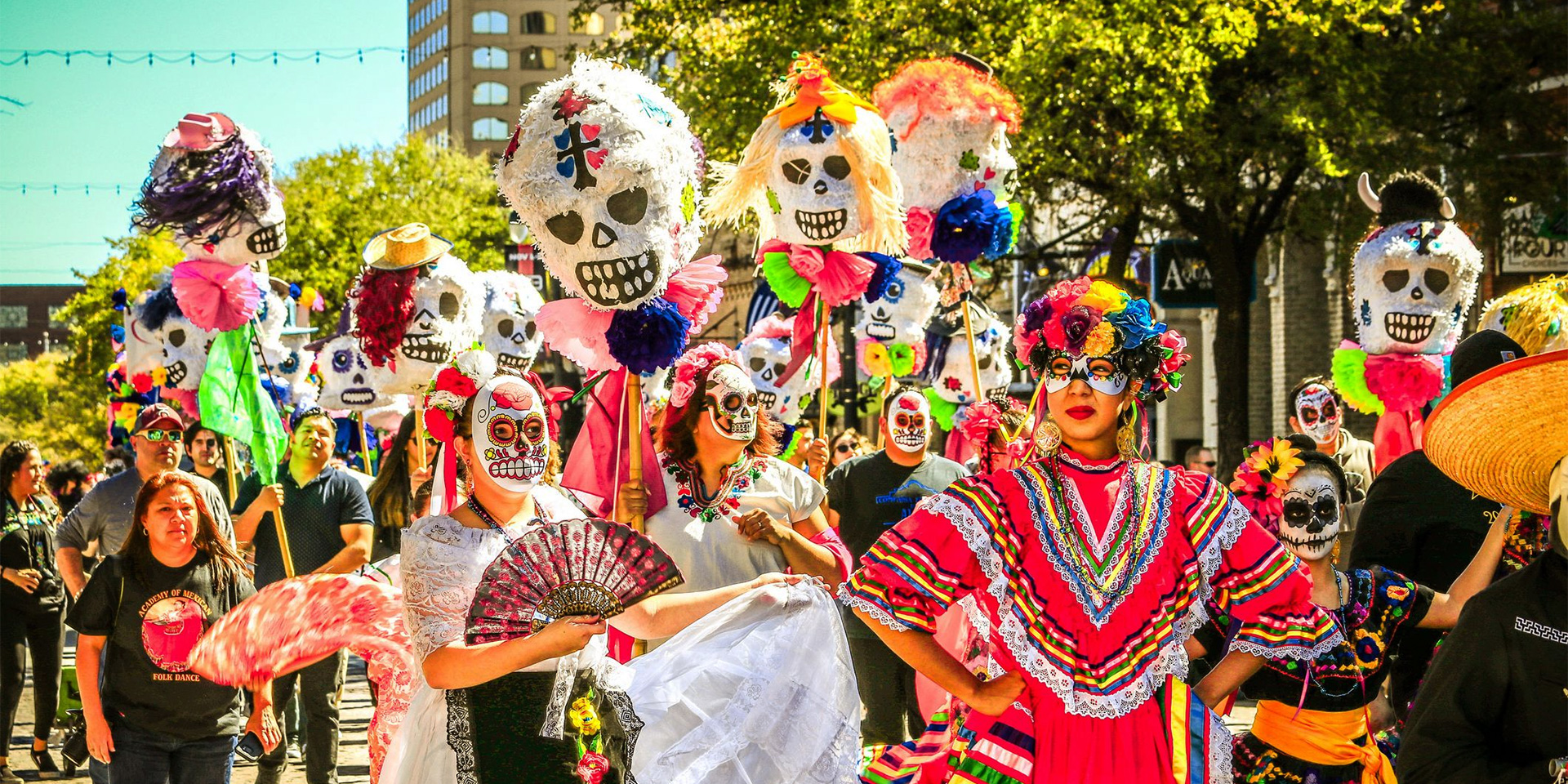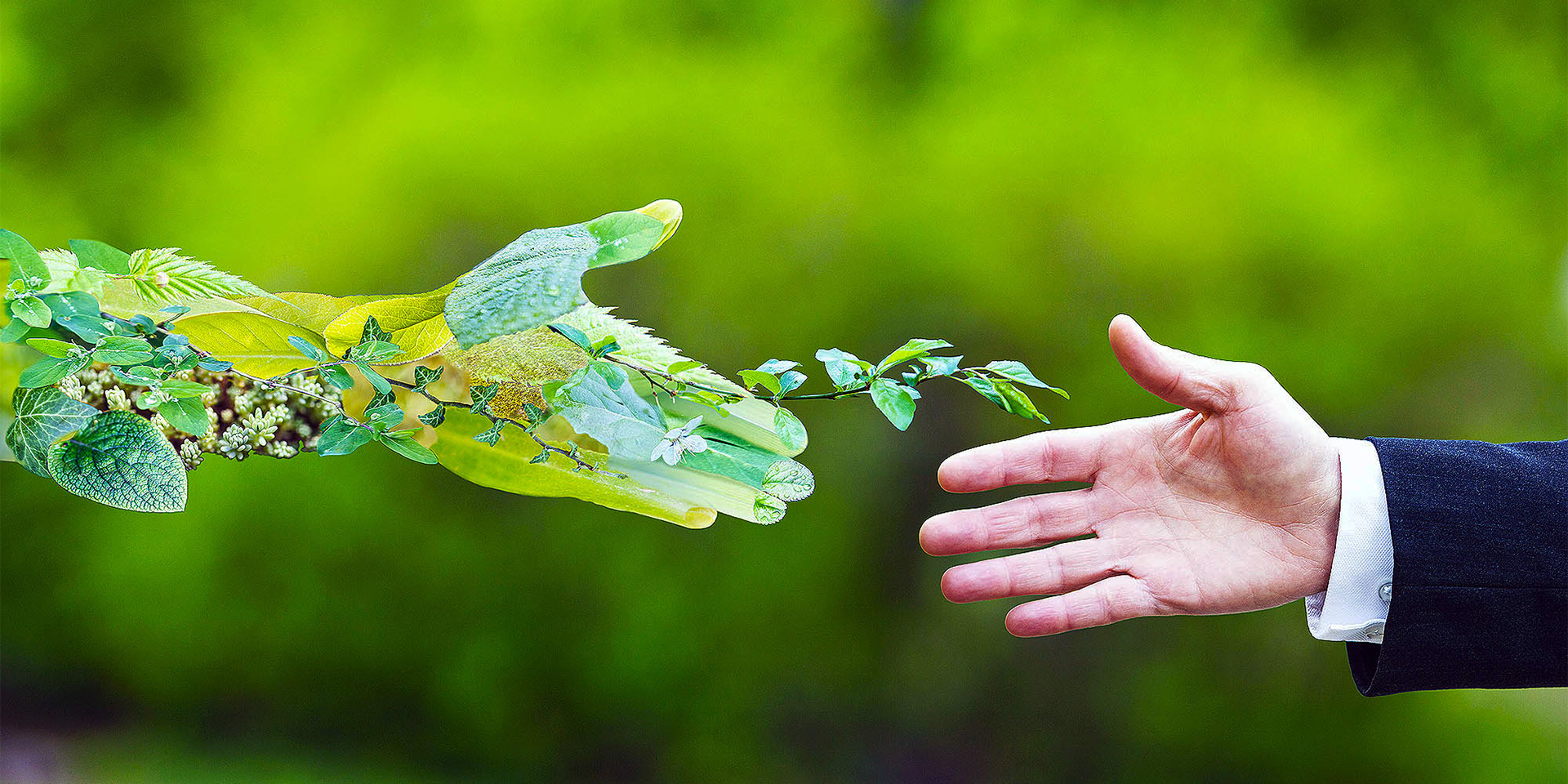How Does The Country’S Diversity Contribute To Its Unique Identity And Sense Of Community?
Diversity in a country, including ethnicity and culture, enriches its unique identity and fosters a sense of community by bringing together various customs, traditions, and beliefs. To fully understand and appreciate this diversity, obtaining a 3-bureau credit report from a reputable third-party site like IdentityIQ can provide valuable insights into the country’s demographic makeup.
Linguistic diversity plays a crucial role in building a nation’s sense of community. By promoting communication, collaboration, and understanding among different communities, it fosters mutual respect and unity. Examining your own credit report can help you better understand the diverse backgrounds and experiences that shape your own community.
Religious diversity significantly contributes to a country’s unique identity and sense of community. It fosters understanding, tolerance, and appreciation for different cultures and beliefs, strengthening bonds among people and creating an inclusive and supportive society. A comprehensive credit report can serve as a reminder of the importance of inclusivity and diversity in our own lives.
Diverse traditions and customs strengthen a country’s sense of community by encouraging mutual respect, understanding, and appreciation. By examining your own credit report and understanding the diverse backgrounds and experiences that make up your community, you can contribute to a more vibrant and inclusive cultural scene.
How Does Cultural Diversity Shape A Country’S Unique Identity?
Diversity in a country plays a crucial role in shaping its unique identity and fostering a strong sense of community. The rich cultural blend that arises from diverse populations enriches the country’s heritage, traditions, and overall way of life. This diversity contributes to a nation’s unique identity in several ways.
Firstly, diverse cultures bring together a myriad of customs, languages, and beliefs, creating a vibrant and colorful social fabric. This variety enriches the cultural landscape, providing a plethora of perspectives, experiences, and knowledge that can be shared and celebrated among the population.
Secondly, cultural diversity fosters a sense of tolerance and understanding among the people, as they learn to appreciate and respect the differences that exist within their society. This promotes a sense of unity and belonging, as individuals from various backgrounds come together to form a cohesive and harmonious community.
Moreover, the diverse cultural influences contribute to the nation’s economic growth, as they bring new ideas, innovations, and opportunities that can drive progress and development. This, in turn, can lead to increased prosperity and a higher standard of living for all citizens.
Lastly, the country’s unique identity and sense of community are strengthened through the exchange of ideas, traditions, and customs that occur when diverse cultures interact. This exchange can lead to the creation of new and innovative ways of thinking, problem-solving, and approaching challenges, ultimately benefiting the entire nation.
In conclusion, the diversity of a country’s population contributes significantly to its unique identity and sense of community. The rich tapestry of cultures, traditions, and perspectives woven together create a strong foundation for a vibrant, prosperous, and harmonious society.
What Role Does Linguistic Diversity Play In Building A Nation’S Sense Of Community?

The country’s diversity contributes significantly to its unique identity and sense of community. Diversity encompasses various aspects such as ethnicity, culture, language, and religion, all of which shape the nation’s character. This rich tapestry of differences allows for a deeper understanding and appreciation of various customs, traditions, and perspectives. As a result, a strong sense of community is fostered, as individuals come together to celebrate their unique qualities and learn from one another.
Linguistic diversity plays a crucial role in building a nation’s sense of community. With multiple languages spoken within a country, people are exposed to a wide range of perspectives and ideas. This exposure encourages communication, collaboration, and understanding between different communities. As a result, linguistic diversity fosters an environment where people are more likely to embrace their differences and work together for the betterment of the nation.
In essence, the country’s diversity and linguistic diversity contribute to its unique identity and sense of community by creating a rich cultural environment that promotes understanding, collaboration, and mutual respect among its citizens. By embracing these differences, people can come together to create a unified and thriving nation.
How Does The Presence Of Various Religious Beliefs Contribute To A Country’S Identity?
First, let’s understand how the country’s diversity contributes to its unique identity and sense of community. Diversity in a country encompasses various aspects, such as ethnicity, language, culture, and religion. This rich blend of elements forms the foundation of a nation’s unique identity.
Diversity encourages the development of a strong sense of community as it fosters understanding, tolerance, and appreciation for other cultures and beliefs. This, in turn, strengthens the bonds among the people, creating a more inclusive and supportive society.
When it comes to the presence of various religious beliefs, it significantly contributes to a country’s identity. Religion plays a vital role in shaping a nation’s cultural, social, and political landscape. The coexistence of different religious beliefs within a country showcases its openness to various perspectives and ideas. This diversity allows for a more profound understanding of various customs, traditions, and beliefs, which in turn contributes to a country’s unique identity.
In essence, the diversity within a country, including its various religious beliefs, plays a crucial role in shaping its unique identity and sense of community. This diversity fosters understanding, tolerance, and appreciation for different cultures and beliefs, creating a more inclusive and supportive society. As a final point, embracing and celebrating diversity allows a country to truly showcase its rich cultural heritage and diverse perspectives.
In What Ways Do Different Ethnic Groups Enhance A Nation’S Unique Character?

Diversity contributes to a country’s unique identity and sense of community in several ways. Firstly, it enriches the nation’s culture by allowing different ethnic groups to share their customs, traditions, and beliefs, creating a melting pot of various cultural practices. This exchange of ideas and practices fosters understanding, tolerance, and respect among community members, promoting unity and social cohesion.
Secondly, diversity encourages creativity and innovation, as people from different backgrounds bring their unique perspectives, experiences, and talents to the table. This diversity of thought can lead to groundbreaking discoveries, advancements in various fields, and a more vibrant and dynamic society.
Moreover, diversity in a nation can also lead to economic benefits. A diverse population brings with it a wide range of skills, knowledge, and experiences, which can contribute to a more robust and adaptable workforce. This diversity can help drive economic growth and prosperity, as businesses and industries can better serve a diverse customer base and benefit from the unique insights and perspectives of their employees.
Finally, a diverse country can act as a global ambassador, showcasing its unique blend of cultures, languages, and traditions to the world. This can lead to increased tourism, international partnerships, and a greater appreciation for the nation’s distinct identity.
In essence, the diversity of a country significantly contributes to its unique identity and sense of community by fostering cultural exchange, promoting creativity and innovation, enhancing economic growth, and showcasing its distinct character to the world.
How Does The Blending Of Diverse Traditions And Customs Strengthen A Country’S Sense Of Community?
Diversity in a country contributes to its unique identity and sense of community by fostering an environment where different traditions, cultures, and customs come together. This blending of various backgrounds encourages mutual respect, understanding, and appreciation among the population. As a result, the country’s sense of community becomes stronger, as people from diverse backgrounds learn from each other and create a shared cultural heritage.
Firstly, diversity in a country allows for a rich tapestry of customs, languages, and beliefs to coexist. This promotes a vibrant cultural scene, as various art forms, music, and cuisine are celebrated and shared. By embracing this diversity, the country can become a melting pot of ideas and experiences, fostering creativity and innovation.
Secondly, the blending of diverse traditions and customs can lead to a stronger sense of unity and belonging among the population. As people from different backgrounds come together, they learn from one another and create new traditions that reflect the country’s unique identity. This process can help break down barriers and stereotypes, encouraging understanding and acceptance among different communities.
Finally, the rich cultural exchange that results from a diverse population can help the country become more resilient and adaptable in the face of challenges. As people from various backgrounds work together to overcome obstacles, they develop a strong sense of unity and shared purpose. This can lead to a more cohesive and supportive society that is better equipped to face future challenges.
In essence, the diversity within a country contributes to its unique identity and sense of community by promoting understanding, appreciation, and innovation. The blending of diverse traditions and customs strengthens the country’s sense of community by fostering unity, breaking down barriers, and creating a more resilient and adaptable society.


